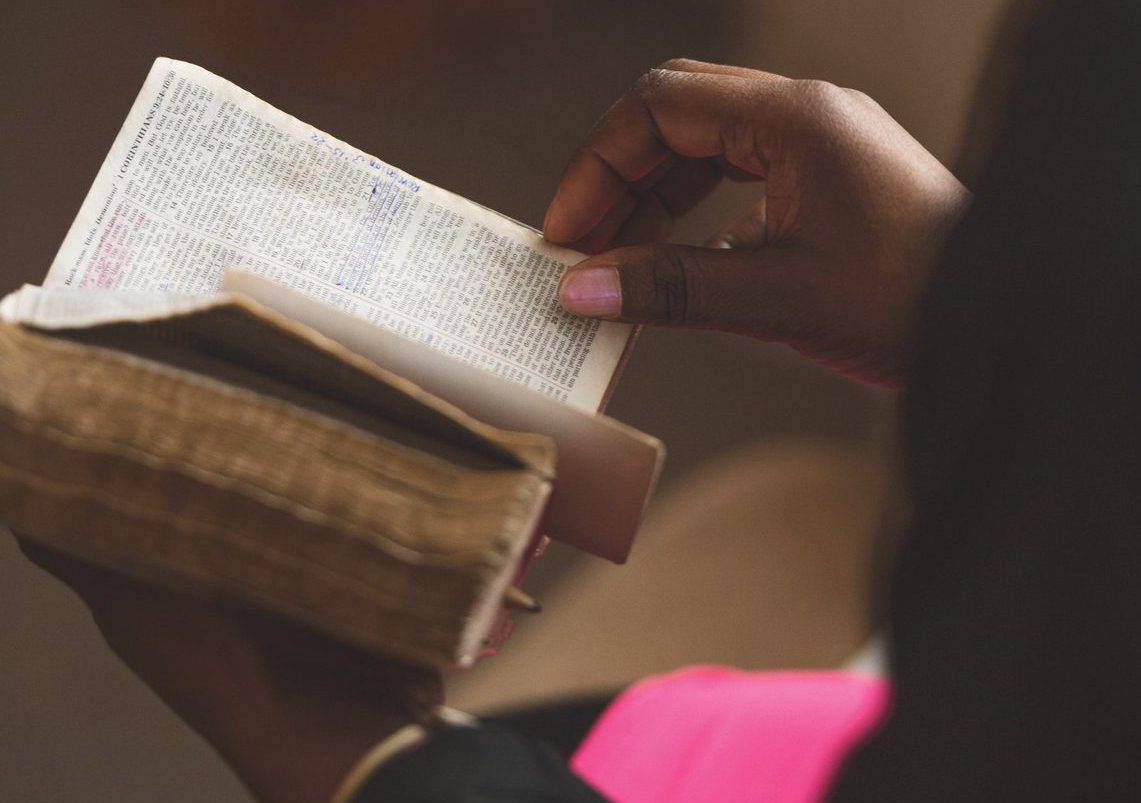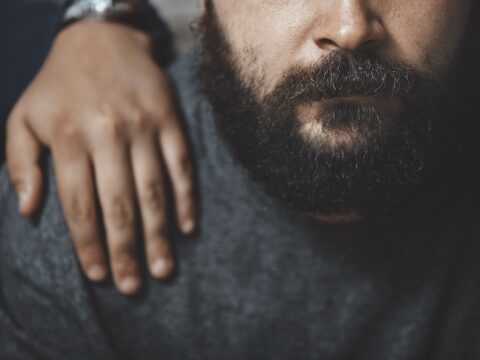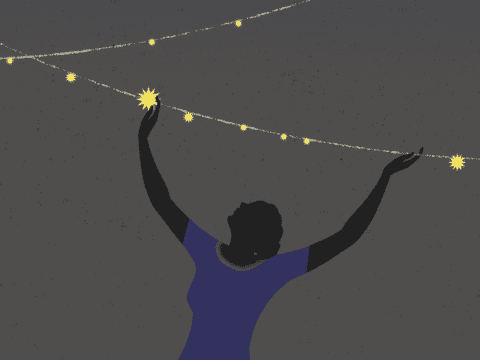My family’s roots are in St. Kitts, the larger of two islands in the Caribbean country of St. Kitts and Nevis. In recent years, this nation, with its population of just over 50,000, is often teeming with tourists who pour off cruise ships and planes, eager to experience the islands’ warmth and hospitality. When I was growing up, however, the country was a tiny dot on the world map, unknown to many outside the Caribbean.
As a Canadian-born child, my initial impressions of St. Kitts were largely formed by my parents, who immigrated to Canada as young adults. Through stories, food and music, they shared their love of the island, rooting us in our history and culture as Afro-Caribbean people.
When I was about eight, my family prepared to go to St. Kitts for a few weeks over the Christmas season. I was excited to finally see the place I had heard so much about and that had been such an integral part of my upbringing. (My first trip there happened when I was too young to remember it.) But questions swirled around in my mind: What would a tropical Christmas feel like? With no snow, how would Santa arrive on his sleigh? With no chimneys, how would Santa come into the house to give away presents? With no spruce or pines, what would we use for our Christmas tree?
I also had questions about church at Christmastime. In Canada, we went to a service late on Christmas Eve and woke up on Christmas Day to a time of gift-giving and celebration. But in St. Kitts, our local Methodist church held Christmas Day services at 5 a.m. My young mind didn’t understand why this was necessary.
Waking up early made me cranky. Why couldn’t we go to church later in the morning? We would then have time to open presents (a priority for my eight-year-old self) and could worship at a more leisurely hour. Instead, we had to wake up in complete darkness, long before the sun peeked over the horizon. I remember how I sat through the service bleary-eyed and weary, wishing I could still be snug in my bed.
When I asked people why church was held so early in the morning, the most common response was, “That’s just when we go to church on Christmas.” I was a little annoyed at this strange and seemingly arbitrary time for gathering.
More on Broadview:
- ‘To Mom, Love Santa’: How I gave my mother the North’s magic
- A Christmas without Popo seems impossible. But she’s fading away.
- A different Christmas still offers a chance for growth
Outside of that service, the Christmas season that year was a beautiful celebration with my large family, complete with feasting, folklore, street festivals, cultural traditions, carnival revelry, trips to the beach, and lots of love and laughter. I returned to winter in Canada with my heart full.
Many years later, I went back to St. Kitts for Christmas as an adult. I had long outgrown my questions about Santa, but I still wondered about the church service and why it continued to be at 5 a.m. A pastor of one of the Methodist churches finally answered this question for me. And the truth simultaneously shocked and inspired me.
People gather for worship in many churches in St. Kitts (and across the Caribbean) to pay homage to the past. In the days when Black people were still enslaved on the island, their only option for a Christmas service was to go to church at that early hour. This would give them enough time to get back home and prepare the house and food so their white enslavers could go to church, too. But it was not a simple act, the pastor told me: gathering for worship was actually illegal. People would walk to church in the protective cloak of darkness, knowing that this could result in sanctions against them. By keeping the early worship time on Christmas even now, nearly two centuries after slavery was outlawed on the island, we honour the courage of our enslaved ancestors and give thanks for our freedom in the present.
It is an important act of remembrance. It is a reminder that Christians owned slaves and were complicit in the heinous practice of slavery. It is a call to resist injustice.
For me, finally having my “why” question answered brought about a transformation of my mind and soul — a shift from resentment to rootedness. I no longer view the pre-dawn service as something to be endured. Rather, it has become a powerful experience that connects me to my ancestors and deepens my resolve to fight for justice.
On Christmas morning, when people are usually filled with joy at Jesus’ birth, I also reflect on enslavement, colonialism and the legacy of anti-Black racism that persists today. Even while we celebrate the newborn Jesus, we can also celebrate his life as an adult and how he resisted and dismantled systems of oppression. I’m grateful for this change in mindset — a moment of true awakening.
***
This essay first appeared in Broadview’s December 2020 issue with the title “Rooted in ritual.”
Adele Halliday works at the United Church’s national office in Toronto.
We hope you found this Broadview article engaging.
Our team is working hard to bring you more independent, award-winning journalism. But Broadview is a nonprofit and these are tough times for magazines. Please consider supporting our work. There are a number of ways to do so:
- Subscribe to our magazine and you’ll receive intelligent, timely stories and perspectives delivered to your home 10 times a year.
- Donate to our Friends Fund.
- Give the gift of Broadview to someone special in your life and make a difference!
Thank you for being such wonderful readers.
Jocelyn Bell
Editor/Publisher
















At first you brought memories of being in Nassau, Bahamas during Christmas at the age of ten. What an eye opener for a kid who grew up “dreaming of a white Christmas”. Our visit with family had us going to church at 10 pm Christmas Eve, and up a 6am for Christmas. I was surprised to find a black Santa Claus, riding a wagon pulled by a mule. Funny it made sense to me then. (I recall that he was also very generous to the children of the congregation, a silver dollar each.)
You disappointed me at the end of your essay. Christ did not come and resist or dismantle oppression. Jesus was fully aware that the Jews were being robbed, abused, and killed at the hands of the Romans (the devil only comes to steal, kill, and destroy). So the question is, why didn’t Jesus fight for the plight of the Jewish people against Rome? Why didn’t He make it a priority in His life and ministry to redress Roman oppression? Why didn’t He instruct His disciples to set right these wrongs?
“Jesus answered, My kingdom is not of this world: if my kingdom were of this world, then would my servants fight, that I should not be delivered to the Jews: but now is my kingdom not from hence.” John 18:36
Sad that you tell me “On Christmas morning, when people are usually filled with joy at Jesus’ birth, I also reflect on enslavement, colonialism and the legacy of anti-Black racism that persists today.”
I only reflect that He willingly came, so that He could die in my place, and through Him, God sees me as sinless because He paid a price I couldn’t.
What a powerful story!